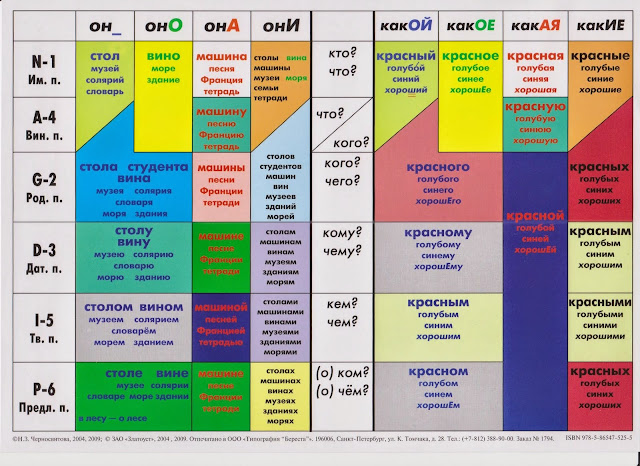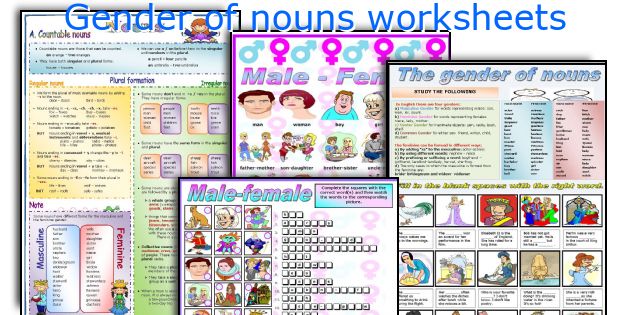


Russian grammar employs an Indo-European inflexional structure, with considerable adaptation.. Russian has a highly inflexional morphology, particularly in nominals (nouns, pronouns, adjectives and numerals).

The dative case in Russian represents the indirect object of a sentence. It is also also commonly used with reflexive verbs. This grammar reference will allow you to quickly check how to form the dative case.
Test Russian Nouns (Cases, Gender, Plural) If you want to learn the declension rules for the Russian nouns this is the place to do it. Test is customizable so you can use it even if you don’t know the rules for all cases.
Do nouns have gender? Gender need not be simply masculine/feminine. Swahili, for instance, has eight gender classes, none of them masculine/feminine: one is for s, one for human beings, one for abstract nouns, one forms diminutives, etc. Algonquian languages have animate/inanimate genders instead.
Nouns ending in the soft sign -ь can be either masculine or feminine: день (day – masculine), жизнь (life – feminine). The best way to tell the gender of such nouns is to memorize it as you progress with your Russian language study.




Gender and the Russian Case System. Russian Lesson 6. An introduction to Russian nouns. Learn how to determine the gender of a Russian noun and how to form the Nominative and Accusative case in Russian.

Frequency list of 500 most common nouns in Russian. Includes top Russian nouns with English translations and genders. Learn most used nouns, their gender and meaning.
Gender: Gender, in language, a phenomenon in which the words of a certain part of speech, usually nouns, require the agreement, or concord, through grammatical marking (or inflection), of various other words related to them in a sentence.

NOUNS: Choose the right case form What’s a noun? It’s a word used to name a person, place, thing, , or abstract idea (Examples: man, Russian, table, cat, friendship)
Animacy is a grammatical and semantic principle expressed in language based on how sentient or alive the referent of a noun is. Widely expressed, animacy is one of the most elementary principles in languages around the globe, and is a distinction acquired as early as six months of age.
Recent Comments